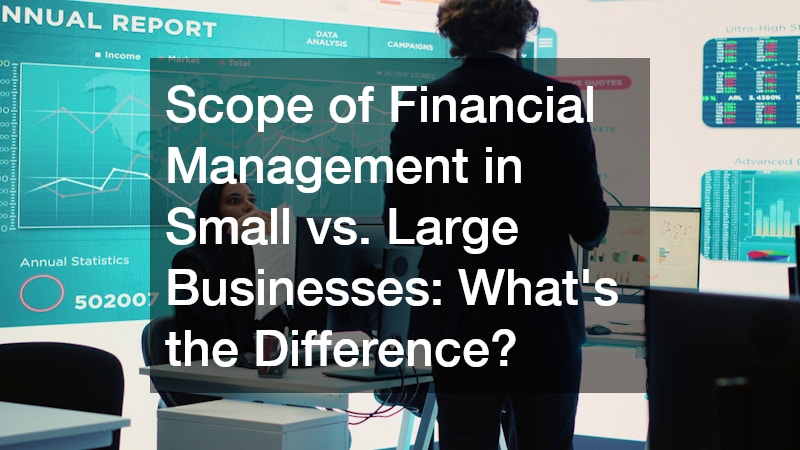If you are in an abusive relationship, it is important to realize that you are not alone. According to the National Coalition Against Domestic Violence, one in four women will experience domestic violence in her lifetime. However, you don’t have to stay in an abusive relationship. There are many steps you can take to get out of this situation and build a new life for yourself.
There are many factors that can keep someone in an abusive relationship. These can include isolation, fear, low self-esteem, financial dependence, and even love. An abuser often uses these things to control their victim and keep them in the relationship. It can be difficult to break free from this type of situation, but it is possible.
Different Kinds of Abuse in Relationships
There are many different types of abuse that can occur in a relationship. Some of the most common types include physical abuse, emotional abuse, sexual abuse, and financial abuse.
Physical abuse
Physical abuse is the use of force or violence against another person. This can include hitting, slapping, punching, kicking, choking, and using weapons to hurt someone.
Emotional abuse
Emotional abuse is when someone tries to control or manipulate another person through their words and actions. This can include name-calling, put-downs, controlling what the other person does, making threats, or isolating them from family and friends.
Sexual abuse
Sexual abuse is any type of sexual activity that is forced or unwanted. This can include rape, sexual assault, and sexual harassment.
Financial abuse
Financial abuse is when one person tries to control another person’s finances. This can include controlling how the other person spends money, making them ask for money, or giving them an allowance.
Warning Signs of Abuse in Relationships
There are many warning signs that can indicate that someone is being abused. If you see any of these signs in your relationship, it is important to get help.
- The abuser may be very possessive and jealous.
- The abuser may always need to know where the victim is and who they are with.
- The abuser may constantly criticize the victim or put them down.
- The abuser may make threats or use violence against the victim.
- The abuser may try to control the victim’s finances.
- The abuser may try to control what the victim does, who they see, and where they go.
- The abuser may isolate the victim from their family and friends.
Getting Out of an Abusive Relationship
There are many steps you can take to get out of an abusive relationship. Here are some tips:
Reach out
Reach out to someone you trust for support. This could be a friend, family member, therapist, or hotline. It is important to have someone to talk to who understands what you’re going through.
Talk to a lawyer

Talk to a criminal lawyer. If you decide to file criminal charges against your abuser, it is important to have a lawyer who can help you. A lawyer can help you understand your legal options and protect yourself from further abuse. They can also assist you in obtaining a restraining order if necessary.
Create a safety plan
Create or update your safety plan. This is a plan of action to help you stay safe in an abusive situation. It should include things like where you can go if you need to leave quickly, who you can call for help, and how to get money if you need it.
If you have children, your safety is paramount. Make sure you have a safe place to go and that you have planned for their safety as well. You may need to consider leaving the area altogether until you can get yourself and your children safely to a new location.
Safeguard valuable items
Gather important documents and items. If you decide to leave, it is important to have things like your birth certificate, Social Security card, driver’s license, and any money or credit cards you may need.
Call for help
Get in touch with a local domestic violence shelter or program. They can offer you information, support, and resources.
Protect your finances
You will also need to take steps to protect your finances. An abuser can often use financial control to keep you trapped in the relationship. Make sure you have access to your own bank account and credit cards. You may also need to get a restraining order to keep your abuser from accessing your finances.
Breaking free from an abusive relationship can be a difficult process, but it is possible. By reaching out for help, creating a safety plan, and gathering important documents and items, you can begin the process of rebuilding your life. Thank you for reading this guide.





